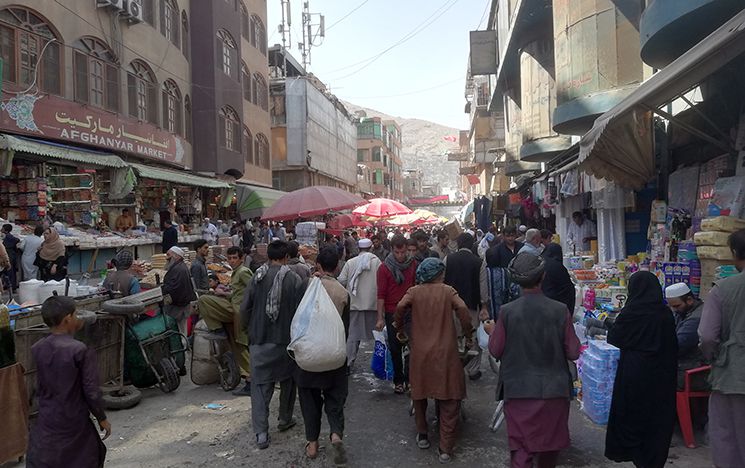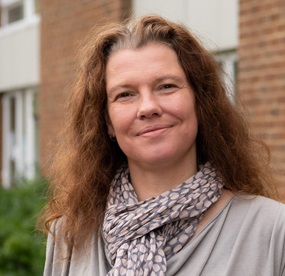
How research about girls by girls can help reduce gender inequalities
Dr Lyndsay McLean’s innovative research on women and girls in the Democratic Republic of Congo involved engaging – and empowering – adolescent and young women researchers.
Find out about our anthropology, development and international studies research.
The ‘Everybody’s Garden’ research project, led by Dr Karis Jade Petty, explores the arts as a way to improve access to landscapes and heritage sights for sight impaired visitors.
Dr Lyndsay McLean’s innovative research on women and girls in the Democratic Republic of Congo involved engaging – and empowering – adolescent and young women researchers.

Explore all research in the School of Global Studies.
Global Studies research activities are organised around the following departments and centres:
Research development enquiries:
researchexternal@sussex.ac.uk
Research impact enquiries:
rqi@sussex.ac.uk
Research governance enquiries:
rgoffice@sussex.ac.uk
Doctoral study enquiries:
doctoralschool@sussex.ac.uk
Undergraduate research enquiries:
undergraduate-research@sussex.ac.uk
General press enquiries:
press@sussex.ac.uk